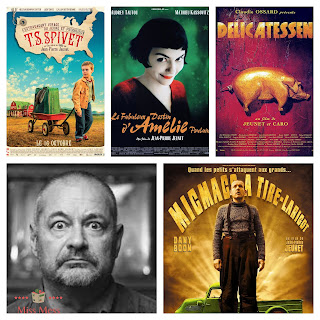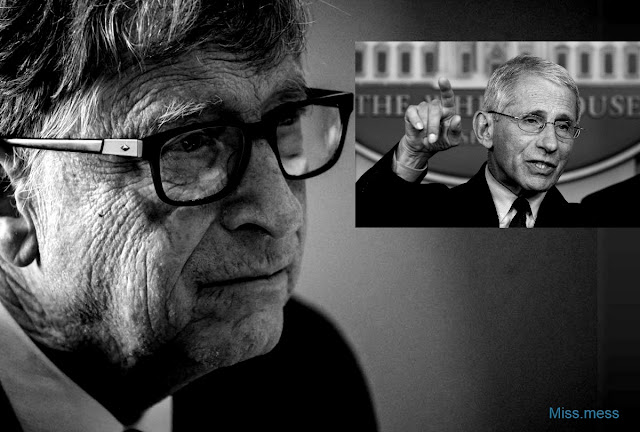Cinema in the eyes of Jean Pierre
French Cinema , Jean Pierre Jeunet
When you hear the word "cinema," you probably think of Hollywood in the West and Bollywood in the East, but you may not realize that France is one of the epicenters of this art form, which has risen to the status of the sixth world artistic work. It also deals with a variety of serious social and religious themes on its screen through real or fictional stories.
Because of its directors, writers, and performers, France can claim the designation of "filmmaker" or "origin point" for their contributions to the creation of a global cinematic concept.
The history of French cinema begins with the silent film era, which lasted from 1895 to 1929 and soon evolved into the seventh art. The audience paid one French franc to sit in front of a white screen at the Indian Salon on the Avenue of the Nights on January 22, 1895, to observe the Lumiere brothers' first ten films, the first of which was a view of industrial workers leaving the plant. They also saw the film Arrival of a Train at La Ciotat Station", which lasted only 50 seconds.
French cinema is often like French cuisine " heavy, complex, rich, and very frightening. In Jean-Pierre opinion, it is time to offer dessert after the saturation. This French director presented to the cinematic table the cinematic dessert lighter than air that enchanted the French audience and experienced a taste that French cinema was not very well known for: “sweet realism.” Jean says: "Sometimes we like to forget sarcasm, and sometimes we like to dream."
Jeunet made his directorial debut in 1991 with the critically praised black comedy Delicatessen, which he co-wrote with Mark Caro. He later worked with Caro again in City of Lost Children (1995). With Alien Resurrection (1997), his first encounter with an American film, Jeunet became the fourth director of a weird sequence of films based on his work in science fiction and horror. With the premiere of Amélie in 2001, it would have been a major hit, achieving international acclaim and making the BBC's 100 Best Films of the Twenty-First Century list. he is regarded as one of the most influential and important directors in modern French cinema, having received one and four BAFTA nominations for Best Direction, as well as an Academy Award nomination.
His films are regarded as true masterpieces of poetic stories told in a very sweet and enchanting manner. It enhances the realism with some imaginative spices.
His next collaboration will be with the Netflix platform, by directing the movie "Big Bug".It’s a science fiction comedy, in a closed setting, with humans, androids and mechanical robots.



Comments
Post a Comment